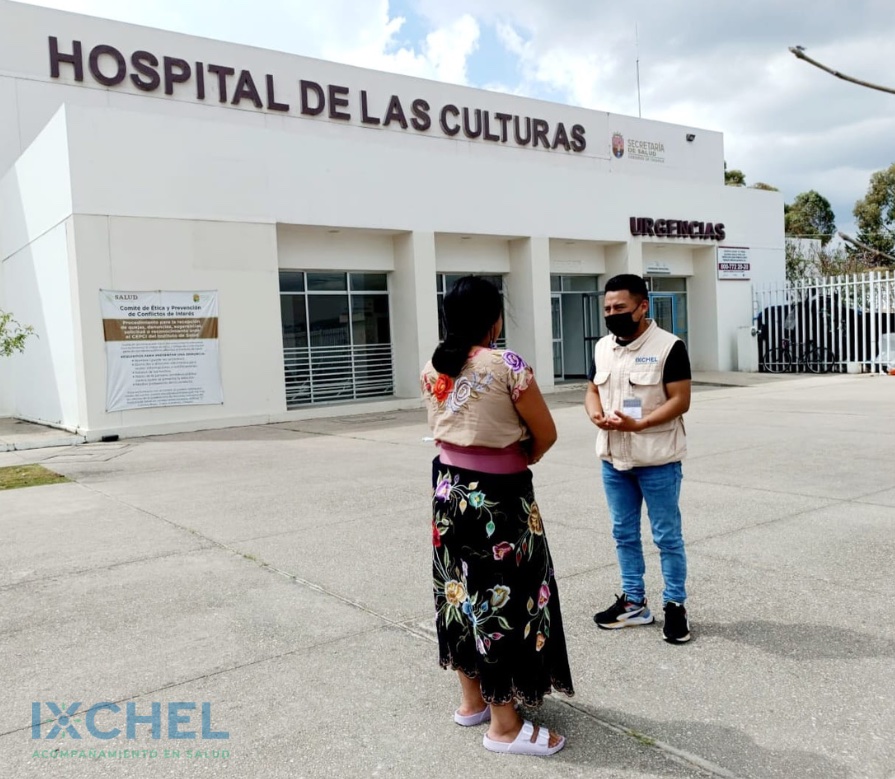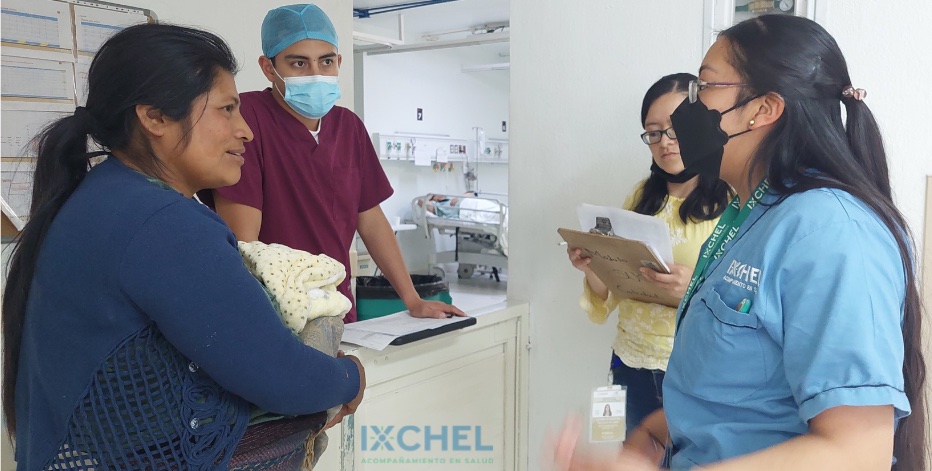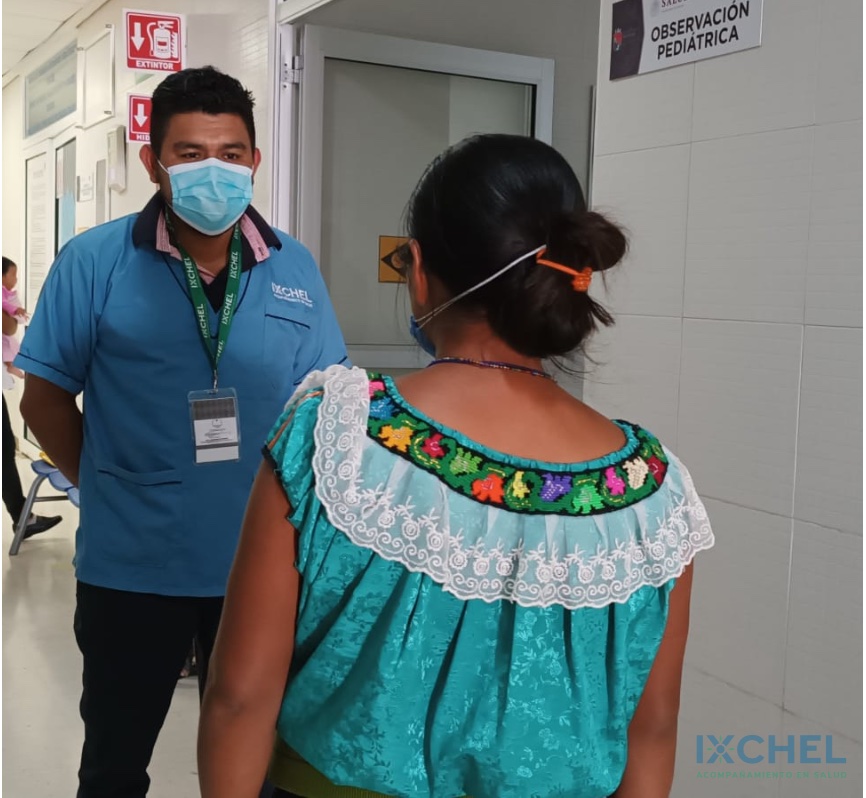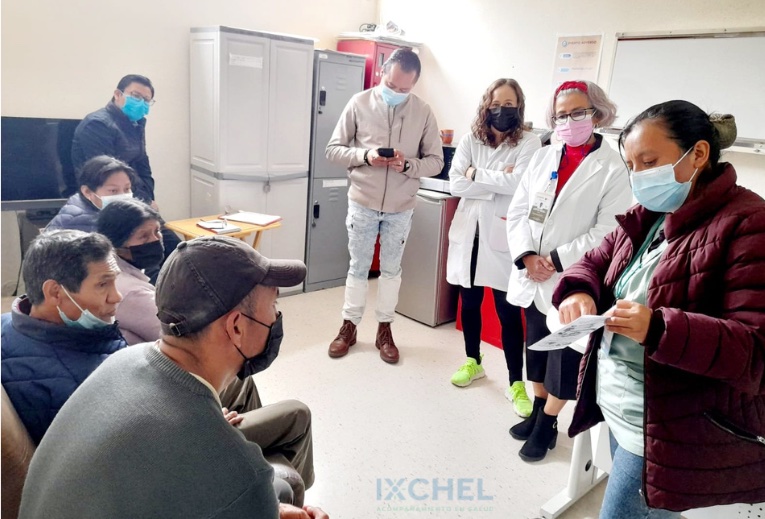K'asesek'opetik. Health interpreters

The challenge
The project
Know more...
Investment
(*): In kind/pro bonus
(**): Financing
Funds
Needed
Covered
Solicited
Investment
(*): In kind/pro bonus
(**): Financing
(*) (**)
u$s 7000.00
u$s 2000.00
u$s 5000.00
(*) (**)
u$s 5000.00
u$s 0.00
u$s 5000.00
(*) (**)
u$s 25000.00
u$s 0.00
u$s 25000.00
(*)
u$s 5000.00
u$s 5000.00
u$s 0.00
(**)
u$s 5000.00
u$s 0.00
u$s 5000.00
(**)
u$s 5000.00
u$s 0.00
u$s 5000.00
(**)
u$s 5000.00
u$s 4000.00
u$s 1000.00
(**)
u$s 3000.00
u$s 1000.00
u$s 2000.00
(*)
u$s 12000.00
u$s 12000.00
u$s 0.00
(*)
u$s 10000.00
u$s 10000.00
u$s 0.00
(**)
u$s 34000.00
u$s 24000.00
u$s 10000.00
(**)
u$s 220000.00
u$s 20000.00
u$s 200000.00
(*)
u$s 12000.00
u$s 12000.00
u$s 0.00
(**)
u$s 12000.00
u$s 2000.00
u$s 10000.00
(*)
u$s 12000.00
u$s 12000.00
u$s 0.00
(**)
u$s 12000.00
u$s 0.00
u$s 12000.00
(*)
u$s 5000.00
u$s 5000.00
u$s 0.00
(*)
u$s 5000.00
u$s 5000.00
u$s 0.00
(**)
u$s 12000.00
u$s 5000.00
u$s 7000.00
(*) (**)
u$s 3000.00
u$s 0.00
u$s 3000.00
Funds
Needed
Covered
Solicited
Kit de papelería e impresión material pedagogico (*) (**)
u$s 7000.00
u$s 2000.00
u$s 5000.00
Kit tecnológico (proyector, computadora, cámara fotográfica, equipo de video, bocina, Ipad) (*) (**)
u$s 5000.00
u$s 0.00
u$s 5000.00
Vehículo (*) (**)
u$s 25000.00
u$s 0.00
u$s 25000.00
Kit trabajo equipo intérprete (gafete, chalecho, cubre boca, filipinas, ipad, gel antibacterial, sanitizante) (*)
u$s 5000.00
u$s 5000.00
u$s 0.00
Funds
Needed
Covered
Solicited
Combustible (**)
u$s 5000.00
u$s 0.00
u$s 5000.00
Hospedaje (**)
u$s 5000.00
u$s 0.00
u$s 5000.00
Transporte (**)
u$s 5000.00
u$s 4000.00
u$s 1000.00
Alimentos (**)
u$s 3000.00
u$s 1000.00
u$s 2000.00
Renta de oficina y espacio (*)
u$s 12000.00
u$s 12000.00
u$s 0.00
Especialistas en psicología para acompañar los procesos de salud mental / contención emocional (*)
u$s 10000.00
u$s 10000.00
u$s 0.00
Funds
Needed
Covered
Solicited
2 especialistas en facilitación de procesos (**)
u$s 34000.00
u$s 24000.00
u$s 10000.00
12 intérpretes en salud (**)
u$s 220000.00
u$s 20000.00
u$s 200000.00
1 especialista en salud (*)
u$s 12000.00
u$s 12000.00
u$s 0.00
1 especialista en comunicación (**)
u$s 12000.00
u$s 2000.00
u$s 10000.00
1 especialista en interpretación (*)
u$s 12000.00
u$s 12000.00
u$s 0.00
1 especialista en audio y video (**)
u$s 12000.00
u$s 0.00
u$s 12000.00
Capacitación de la Secretaría de Salud a equipo intérprete (*)
u$s 5000.00
u$s 5000.00
u$s 0.00
Acreditación y certificación INALI al equipo intérprete (*)
u$s 5000.00
u$s 5000.00
u$s 0.00
Funds
Needed
Covered
Solicited
Gastos de administración (**)
u$s 12000.00
u$s 5000.00
u$s 7000.00
Mantenimiento vehículo (*) (**)
u$s 3000.00
u$s 0.00
u$s 3000.00




